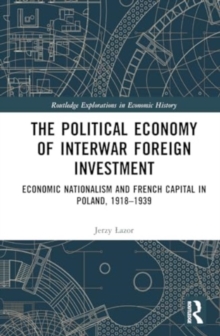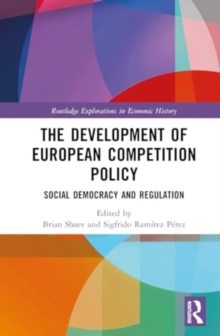
Labour-Intensive Industrialization in Global History EPUB
Edited by Gareth Austin, Kaoru Sugihara
Part of the Routledge Explorations in Economic History series
EPUB
Description
The prevailing view of industrialization has focussed on technology, capital, entrepreneurship and the institutions that enabled them to be deployed. Labour was often equated with other factors of production, and assigned a relatively passive role. Yet it was labour absorption and the improvement of the quality of labour over the course of several centuries that underscored the timing, pace and quality of global industrialization. While science and technology developed in the West and whereas the use of fossil fuels, especially coal and oil, were vital to this process, the more recent history has been underpinned by the development of comparatively resource- and energy-saving technology, without which the diffusion of industrialization would not have been possible. The labour-intensive, resource-saving path, which emerged in East Asia under the influence of Western technology and institutions, and is diffusing across the world, suggests the most realistic route humans could take for a further diffusion of industrialization, which might respond to the rising expectations of living standards without catastrophic environmental degradation.
Information
-
Download - Immediately Available
- Format:EPUB
- Pages:328 pages
- Publisher:Taylor & Francis
- Publication Date:13/09/2013
- Category:
- ISBN:9781135079819
Information
-
Download - Immediately Available
- Format:EPUB
- Pages:328 pages
- Publisher:Taylor & Francis
- Publication Date:13/09/2013
- Category:
- ISBN:9781135079819










